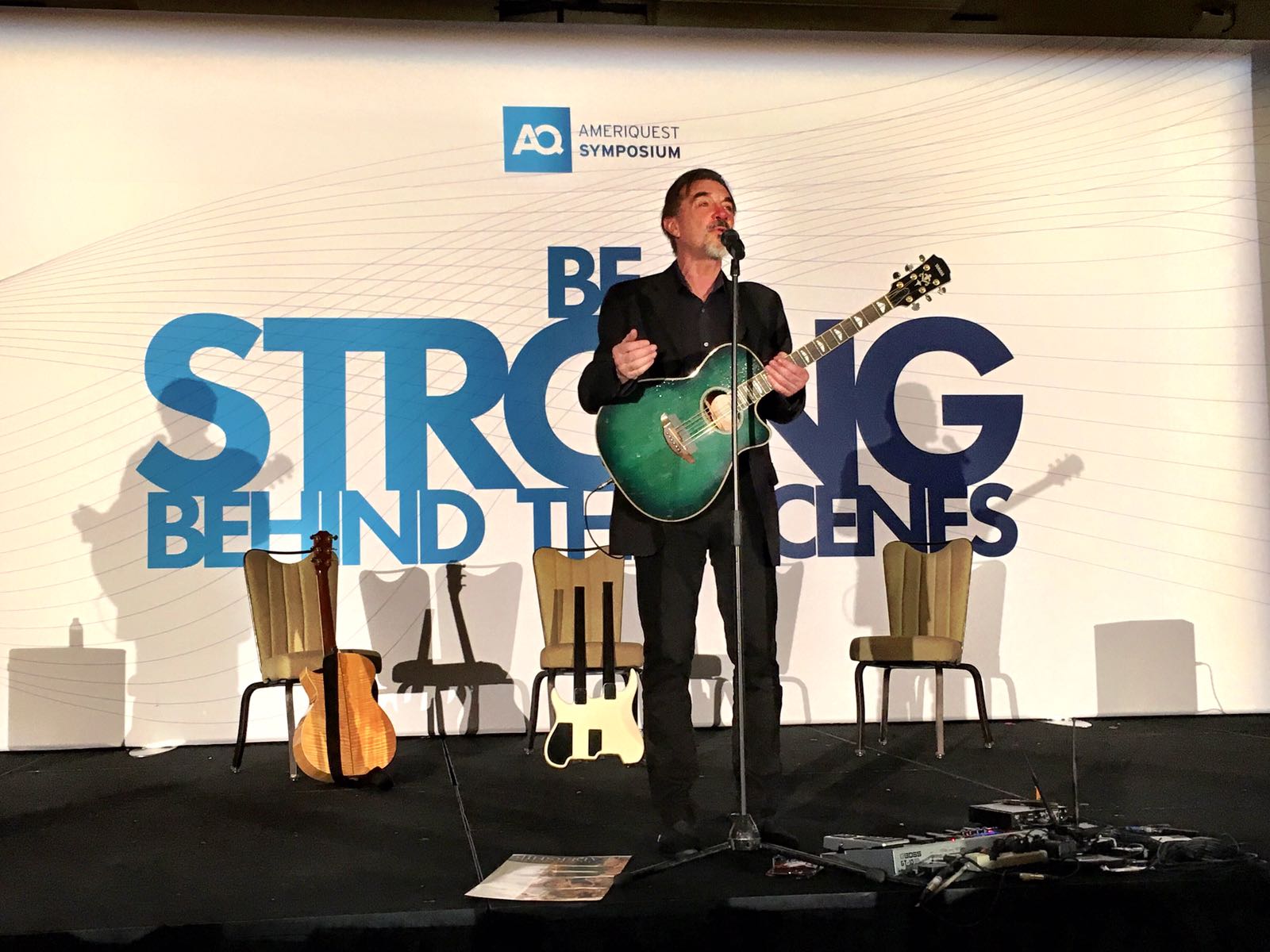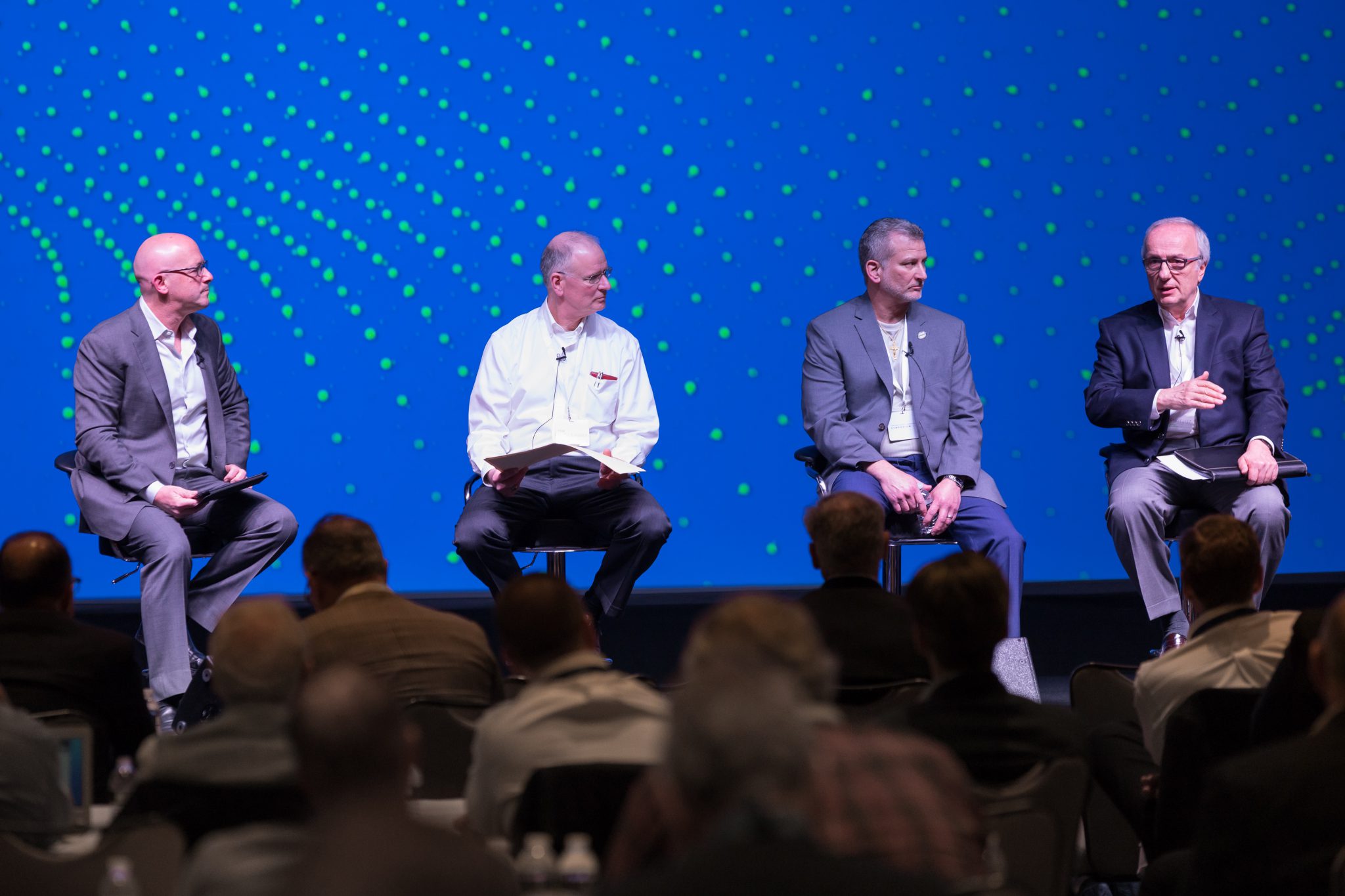Companies are at a major “shift point” between the traditional management hierarchy and network models of work.
Seth Mattison, Founder and Chief Movement Officer at Future Sight Labs, presented these thoughts to attendees at the 2017 AmeriQuest Symposium. According to Mattison, this shift will present challenges for leaders who grew up in traditional hierarchical organizations and in our hierarchical society.
In the old environment, information was horded because it was seen as a competitive advantage for an organization to know something that others did not. Today, information sharing is one of the main pillars of a networked organization. “We live in a sharing economy,” Mattison said. “Power comes from sharing not from hoarding.”
He added that Millennials and Generation Z cohorts live in an interconnected world of people, talents, and information. “They operate by a different set of rules than older workers.” According to Mattison, the younger workforce expects unprecedented access to information. “The veils are lifted. There are no secrets and no dark corners.”
Equally as important are truth, openness and transparency. Three-quarters of young people do not trust leaders who don’t share information. Leaders need to ask themselves if there are places in the organization where information is being held back that needs to be shared.
One upside to this new way of doing business is that anyone within an organization can put forth ideas, regardless of age or stature. In fact Mattison said, “We are in a period of the ‘youthification’ of influence.” In the past, people who had been with the organization for a long time had the most influence, but today with information sharing, influencers are now a more diverse group.
Since young employees are bringing ideas to companies, it is the job of leaders to teach them how to ‘sell’ their ideas and be heard. “Encourage them to get a champion to go to bat for them and to try to get a small win with a smaller idea first,” he recommended.
As you navigate this transition from a hierarchical organization to a more networked one (with balance being the goal), mindset and culture take on increased importance. “The change has to start with your mindset, which then influences culture,” he said.
Mattison believes that “culture is a magical thing with transformative power. It is the formal and informal agreed upon attitudes and behaviors that are either rewarded or corrected in your organization.” He suggests managers write one or two behaviors they want to see more of, the reasons why, and then develop a plan to bring them to life.
In concluding his presentation, Mattison reminded us that culture is a reflection of leadership. “If you are not proud of something, it is your responsibility to fix it.” He suggested leaders ask themselves two questions every day:
- Who did I impact today?
- How will I be remembered by the people I worked with today?
The answer to those two questions will define you as a leader.
Learn more about the AmeriQuest Symposium.




